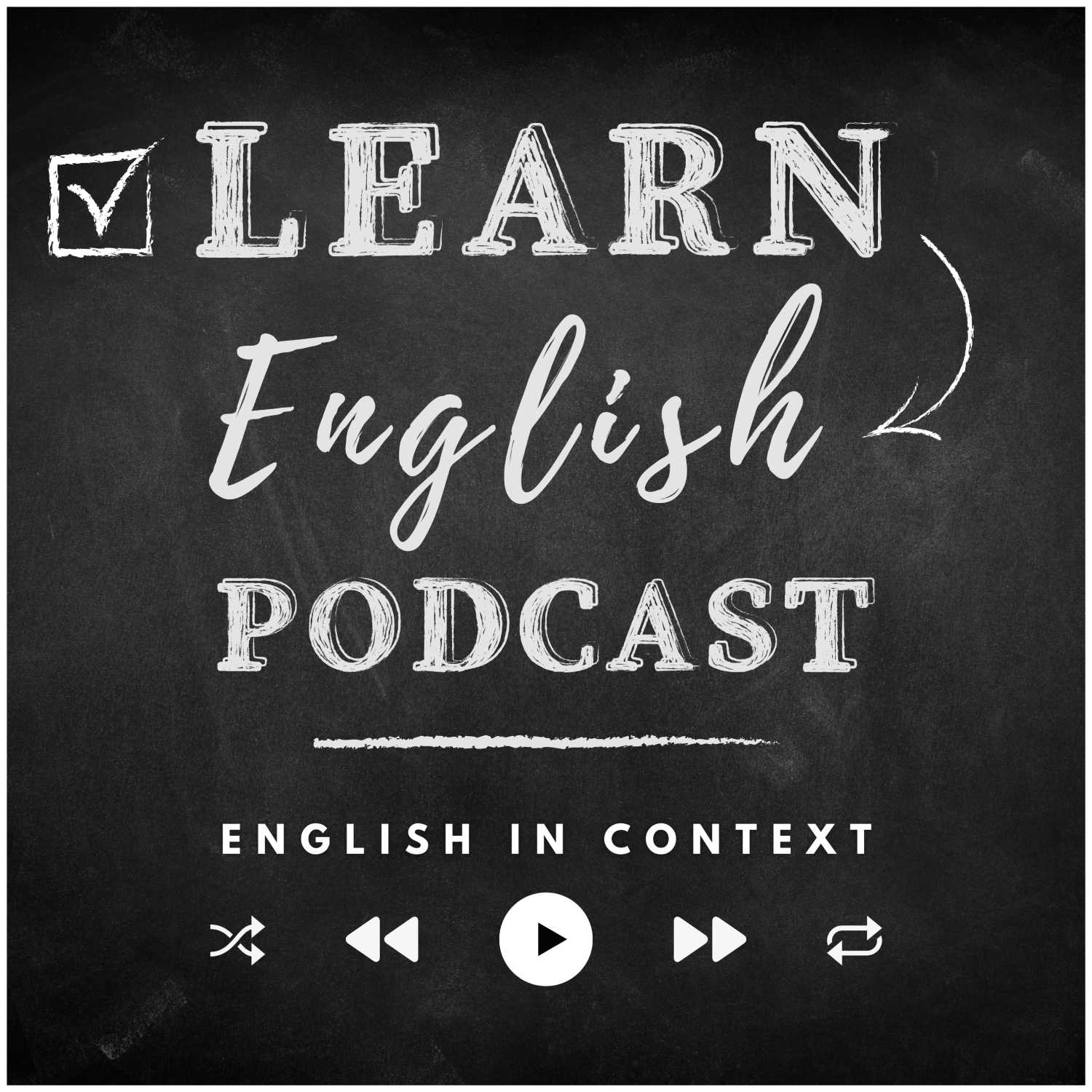
E13 Improve Your English Vocabulary: Learn English Through Turkey-Inspired Idioms

Learn English Podcast
Shownotes Transcript
🍂It's still November and Thanksgiving was last Thursday. The main food at Thanksgiving is turkey, but are you familiar with common American English idioms related to turkeys? Do you know what is means "to talk turkey"? Ever thought about quitting something "cold turkey"?
🦃 In this episode of the Learn English Podcast, we'll discuss the origins, meanings, and usage of four common turkey-related idioms. You might be surprised to learn how often we use turkeys in American English! These idioms can have meanings that are not obvious, especially if you’re not a native speaker. But don't worry because we'll break down a few popular turkey-related expressions, share their histories, and show you how to use them in everyday conversation. By the end of this episode, you'll have a better understanding of these fun idioms, making your conversations in English even more colorful and engaging.
🍗 Don't forget to hit that like button, subscribe, and share this podcast with fellow English learners. Your support fuels our growth and helps us reach an even wider audience. Thank you for being part of our language-learning journey!
Podcast website: https://learnenglishpod.com/)
Follow us on social Media: https://linktr.ee/learnenglishpod)
📝 Vocabulary list
To talk turkey: a frank and direct conversation
Ambiguity: The quality of being open to more than one interpretation.
Frank: Open, honest, and direct in speech or writing.
Evasive: Tending to avoid commitment or self-revelation, especially by responding only indirectly.
Quit cold turkey: abruptly giving up a habit
Pallid: Pale and lacking color.
Gobble something up: eating swiftly; figuratively when something is effortlessly accomplished
Enthusiastically: In a way that shows intense and eager enjoyment, interest, or approval.
A stuffed turkey: uncomfortable fullness after eating a meal.
Indulge: Allow oneself to enjoy the pleasure of.